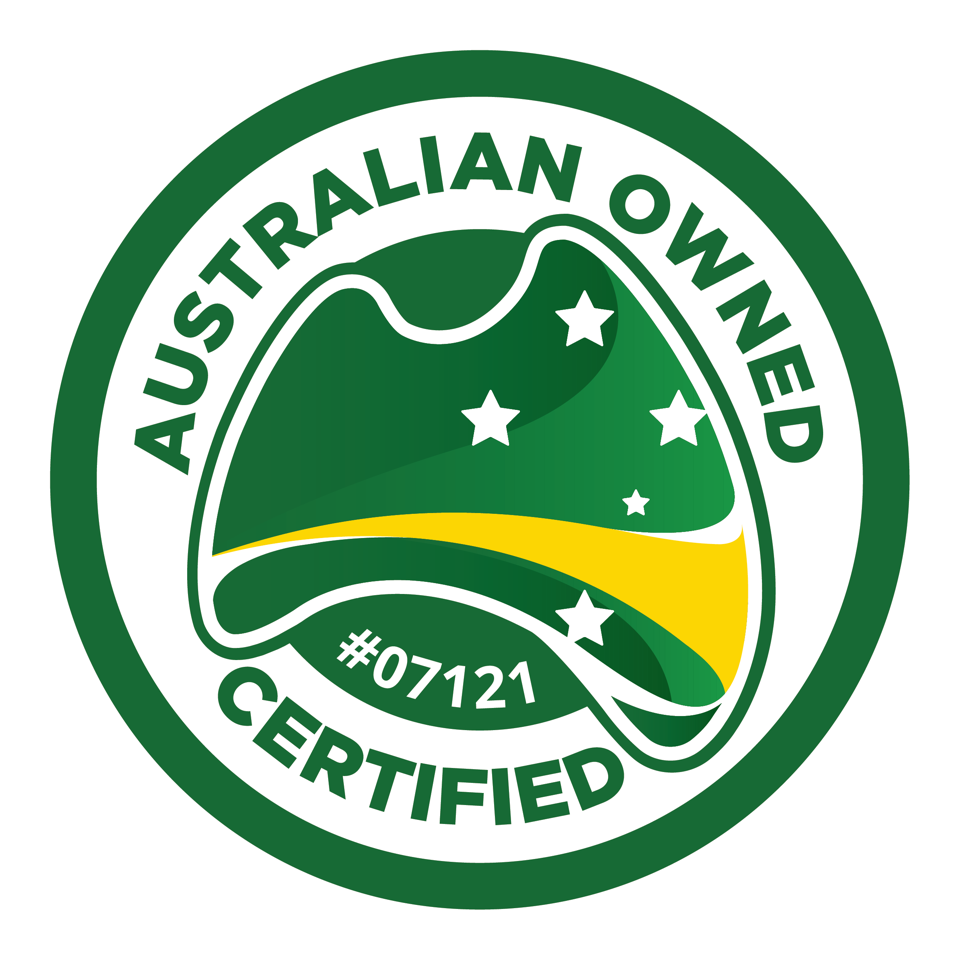Coronavirus (COVID-19) frequently asked questions
When it comes to the novel coronavirus, otherwise known as COVID-19, there’s still so much we don’t know.
What is clear is that coronaviruses have been around for years and that they belong to a group of viruses that can infect both animals and humans. We also know where this particular strain of coronavirus comes from and that it affects the respiratory system, causing symptoms that can resemble either the mild flu or pneumonia depending on the individual.
Once we get beyond the basics though, our understanding of the coronavirus and how it spreads becomes less clear. Even the World Health Organisation (WHO), which has arguably the most comprehensive understanding of the virus, cannot confirm whether a person-to-person transmission is possible. This is despite the fact that this type of transmission was believed to be the leading cause of its proliferation not too long ago.
Given that we are on the frontline when it comes to carrying out COVID-19 disinfection solutions in Australia, we thought we would help clear up some of this uncertainty. The result is the following list of our most frequently asked coronavirus-related questions below.
Hopefully, we can help right some of your assumptions about the behaviour of the virus and its ability to spread. For additional information regarding the coronavirus, including treatment information and active case numbers, please consult the Australian Department of Health’s official website.
How does the coronavirus spread?
As specified by the WHO, the manner in which coronavirus spreads cannot be confirmed with definitive evidence. However, most leading government bodies and health organisations are of the understanding that it’s transmitted via respiratory droplets produced when a person infected by the virus talks, coughs or sneezes.
How long does the coronavirus live on surfaces?
While it’s been proven that coronavirus can survive on surfaces, it’s not clear how long it remains infectious while on that particular surface.
One study that sheds some light on this quandary comes from the NIH (National Institute of Health) in the United States, which notes that it is detectable for “up to four hours on copper, up to 24 hours on cardboard and up to two to three days on plastic and stainless steel”.
Once again, it’s important to note that what we know about the virus is always changing. As a rule of thumb, you should perform routine cleaning and disinfecting in both your home and business.
Can water transmit coronavirus?
It’s possible that the novel coronavirus can be transmitted through water, however, there is no evidence that any individuals have been infected by either surface, ground or drinking water as of yet. What’s more, water treatment facilities have measures in place to disinfect water before its distributed for consumption.
How do I protect myself from coronavirus?
Protecting yourself from the coronavirus can be difficult given our lack of understanding as to how it spreads.
Some general precautionary measures that we can all agree will minimise your chances of contracting the virus though include wearing face masks in public areas, scheduling professional COVID-19 disinfection services for your business or company and always maintaining good personal hygiene.
This includes washing your hands before and after leaving the house and covering up your sneezes and coughs.
Can the coronavirus exist on clothing?
According to a 2005 study on the virus that causes SARS, researches discovered that “even with a relatively high virus load in the droplet, the rapid loss of infectivity was observed for paper and cotton material”.
This essentially means that unless your clothing is exposed to a high concentration of viral droplets, which would be unlikely during your daily trip to the supermarket, you shouldn’t be concerned about transmission through clothing.
Can the Coronavirus spread through food?
There’s no evidence that the coronavirus can be spread through food or meals, but it’s possible that traces of the virus could persist on some produce.
In theory, it’s also possible that it could be spread via food containers or packaging, however, there are no recorded cases of anyone contracting the virus in this way. For general food safety, we still recommend cleaning your hands after handling takeaway containers and washing fruits and vegetables before eating them.
What temperature kills coronavirus?
Pandemics such as the coronavirus don’t usually follow the same seasonal outbreaks as standard viruses, so it’s hard to determine the role in which temperature will play in halting the virus.
It’s also appeared in countries all over the world and in a variety of different climates. This suggests that it does not matter whether you’re going into summer or winter – the virus is still able to survive. That being said, a study from southern France proved that it was completely destroyed when heated at 92˚C for 15 minutes.
This somewhat aligns with standard protocols for eliminating viruses according to the Centers for Disease Control and Prevention (CDC) in the United States, which stipulates that viruses can be deactivated by one hour of 60˚C heating.
Call us on 1300 766 614 for more information or to book COVID-19 disinfection services in Australia.
Read More:

WE'RE NOT HAPPY UNLESS YOU'RE HAPPY
SEE HOW IT WORKSWith Competitive Pest Control Services you’ll never have to worry about paying for a job that hasn’t been done.
If you’re not satisfied with our services, we’ll not only give you your money back, we’ll return it to you twofold. That’s right: you’ll not only receive a full refund, we’ll also pay to have your pest problem sorted by our competition.*
We’re always trying to raise the standard of service, it’s one of the reasons we were name Australian Pest Manager of the Year four times in the past six years. When you employ our services, you know your pest problem will soon be a distant memory. What could be more satisfying than that?
*Please contact us to hear more about our 200% Money Back Guarantee - as due to issues sometimes outside our control, not all services may be covered by this offer.





 Instagram
Instagram  LinkedIn
LinkedIn